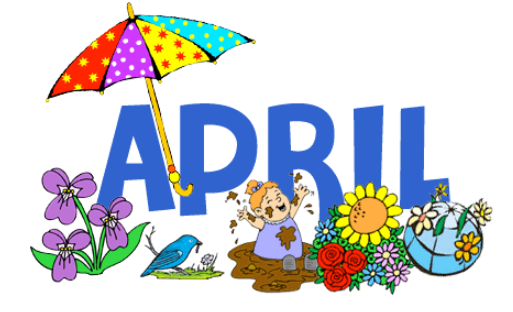Is the internet as safe as you think?
Safer Internet Day USA – February 9
Image by fancycrave1 from Pixabay
How much time do you spend thinking about the safety of your Internet connection?
It’s not unknown that the internet has taken over the world. It has created easier alternatives for normal everyday activities. Instead of going out to a grocery store or shopping mall, people can have items delivered to their doorsteps with a click of a button.
According to a 2019 digital report from Hootsuite and We Are Social, the average person spends nearly seven hours online a day (and remember, these statistics were before Distance Learning). These numbers skyrocket with the use of additional social media apps and streaming services.
Recognizing this, February 9 was declared Safer Internet Day USA, or SID. This is an awareness-raising campaign that started in Europe in 2004 and is now celebrated in more than 100 countries. Globally, it’s coordinated by the Brussels-based Insafe/INHOPE Network, with the support of the European Commission. They hope to bring everyone together and create a better internet. (https://rb.gy/sk4562)
It is easy to forget about Internet safety when so much time is spent, and saved, by using a variety of devices that are hooked up to the Internet. Sharing sensitive information such as addresses, phone numbers, card numbers, birthdates, passport information, driver’s license information, and even personal photos can result in cybercrime and identity theft.
Statista.com showed that in the most recent 2019 study, data breaches amounted to millions of sensitive records being exposed in the United States alone. Additional awareness, however, has caused people to take extra precautions on the Internet. Installing virtual private networks or VPNS allow citizens to keep their mobile data traffic anonymous, for instance.
Although most people are aware of the troubles on the Internet, it is important to keep children, like our younger brothers and sisters safe. There are many opportunities the Internet can bring for children but it doesn’t take away the risks of cyberbullying, predators, and inappropriate content. Age limitations and other measures are often loopholed and become less effective.
Safer Internet Day USA uses their campaign to empower everyone to use technology responsibly, respectfully, critically and creatively. Learn what you can do to have safer Internet practices by watching SID films, and passing on the information to others. Some of those films are shared from the UK site at https://rb.gy/1rjzdh.
We all need to step forward as a community and help resolve the issues at hand in hopes of a safer internet. On Edsurge.com, Facebook safety policy manager Jennifer Hanley said that a safer internet is “A place where people can come together and have a positive online experience to be part of a community and to bring the world closer together” (https://rb.gy/ytrpfh).

Bella Singson was born on September 30, 2006, and is now serving as a staff writer for The Armijo Signal.
She grew up in the East Bay of California...




